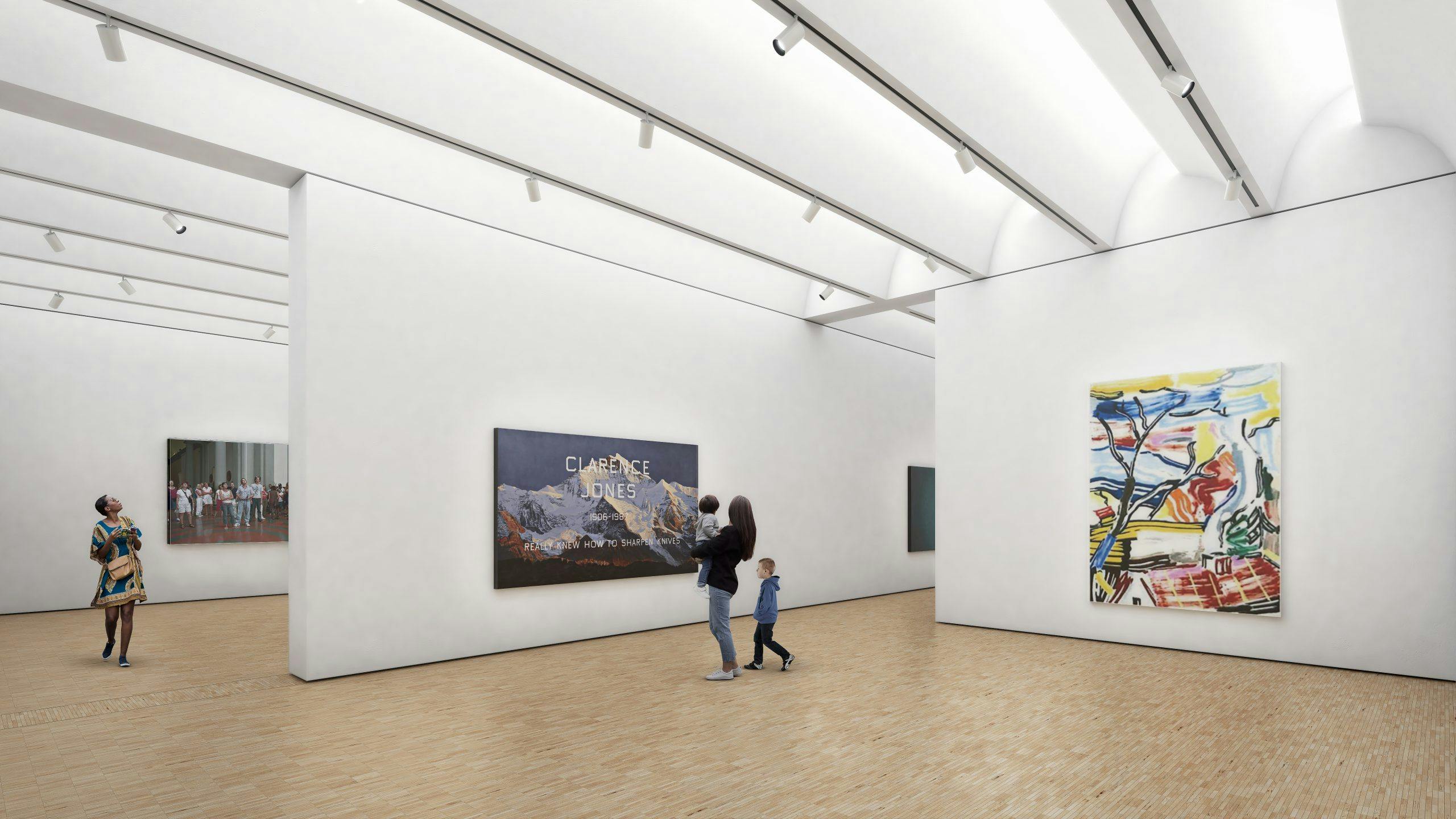
The Joslyn collects and exhibits art from across time and cultures. A dynamic program of exhibitions and engaging displays of the permanent collection bring people together to celebrate human creativity.
Art
Collection
The Joslyn’s collection of over 12,000 objects represents 5,000 years of human creativity and the world’s diverse cultures. Coming soon: explore a selection of works of art from the Museum’s collection.
- Ancient Mediterranean Art
- European Art
- American Art
- Native American Art
- Twentieth-Century Art
- Contemporary Art
- The Phillip G. Schrager Collection
- Photography
- Asian Art
- Decorative Arts

